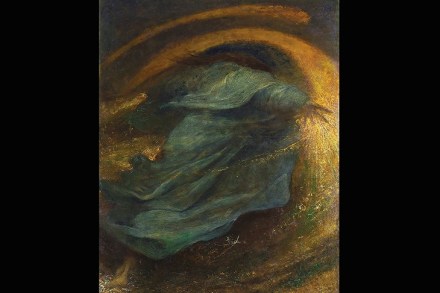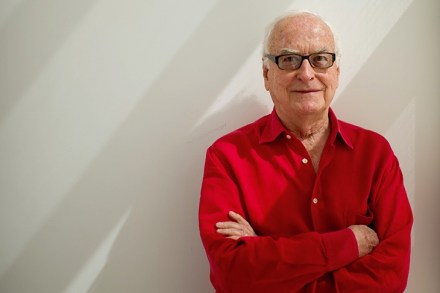Maximum wattage
On his deathbed in 1904, George Frederic Watts saw a extraordinary spectacle. He witnessed the universe coming into being: the ‘breath of the Creator acting on nebulous matter’ causing ‘agitating waves & revolving lines’ to fly out in all directions. With hindsight, it is tempting to conclude that Watts had a vision not, as he thought, of reality in ‘a glorious state’, but of abstract painting. The beautifully installed exhibition at the Watts Gallery, Compton, Surrey, celebrating the bicentenary of his birth actually contains a few pictures that — surprisingly for a great Victorian — put one in mind of Jackson Pollock. The trouble is that much of Watts’s work



















